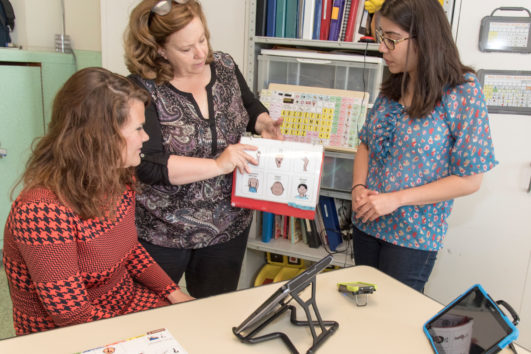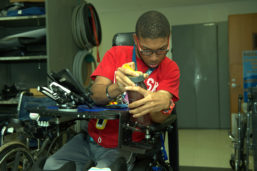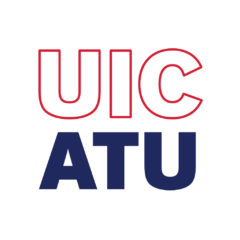Still wondering what a certificate in assistive technology can do for you? Contact us and get your questions answered.
-
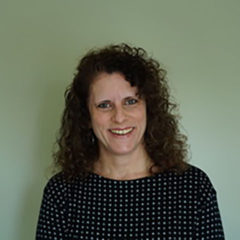
Brenda Sposato Bonfiglio
Experienced rehabilitation engineer with specialization in seating, positioning and wheeled mobility
-

Daniel Cochrane
Experienced special educator with specialization in assistive technology practice in the K-12 school setting
-
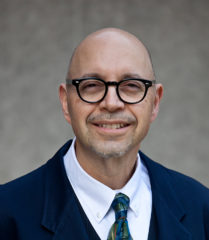
Glenn Hedman
Experienced rehabilitation engineer with specialization in home modifications and research of accessible pathways in the built environment and emergency evacuation from high-rise structures
-

Kathy Hooyenga
Experienced occupational therapist with specialization in computer access, access to augmentative communication, 3-D printing, and adaptive equipment design
-
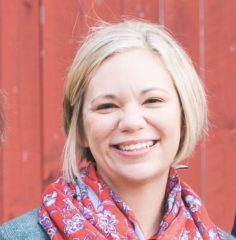
Stephanie Bay
Experienced speech language pathologist with specialization in augmentative communication and research around the social participation of people who use AAC and AAC implementation strategies
-
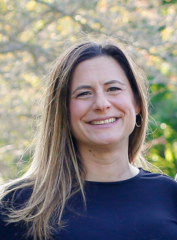
Rebecca Nedwick Miller
Experienced special educator with specialization in assistive technology for learning and augmentative communication
